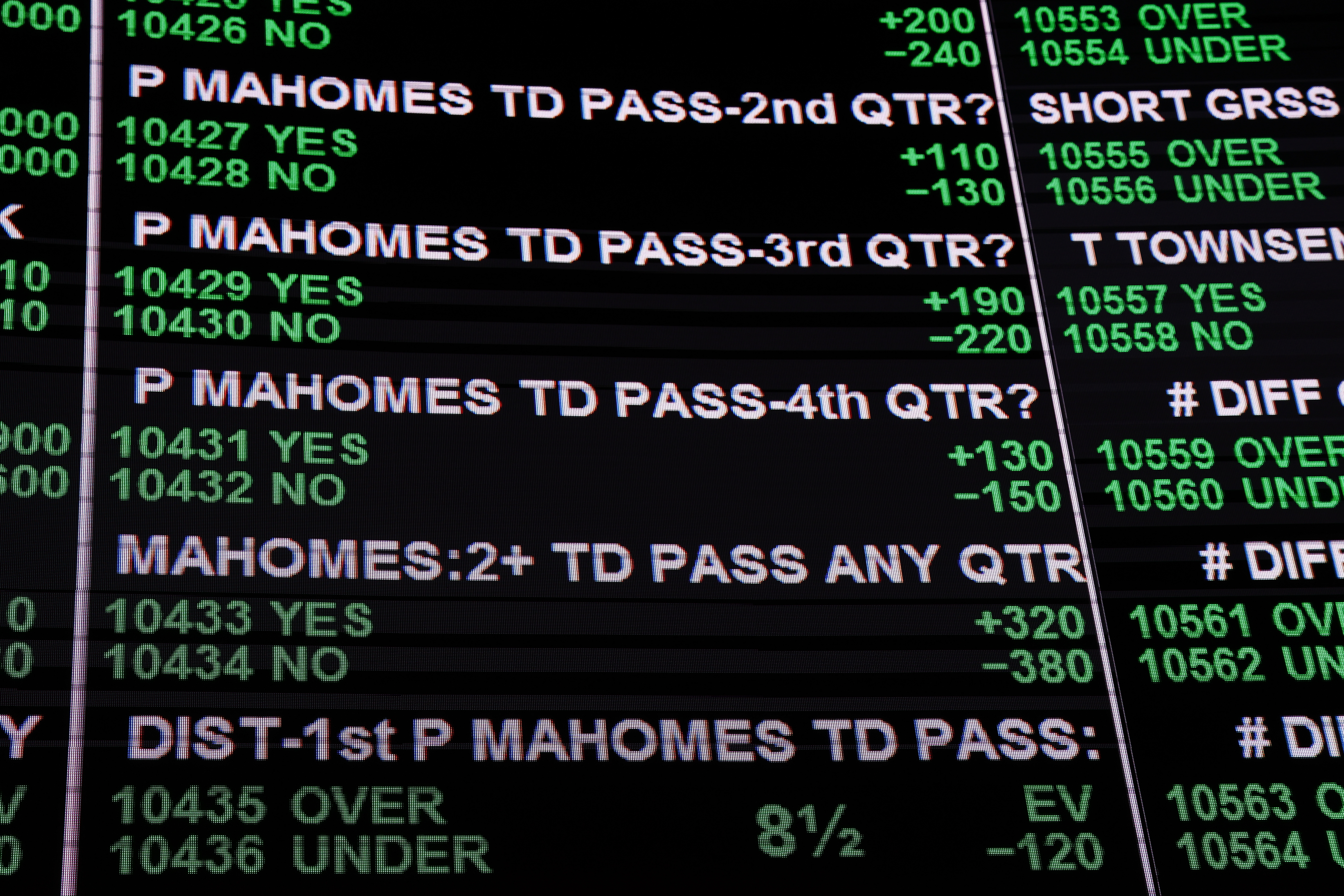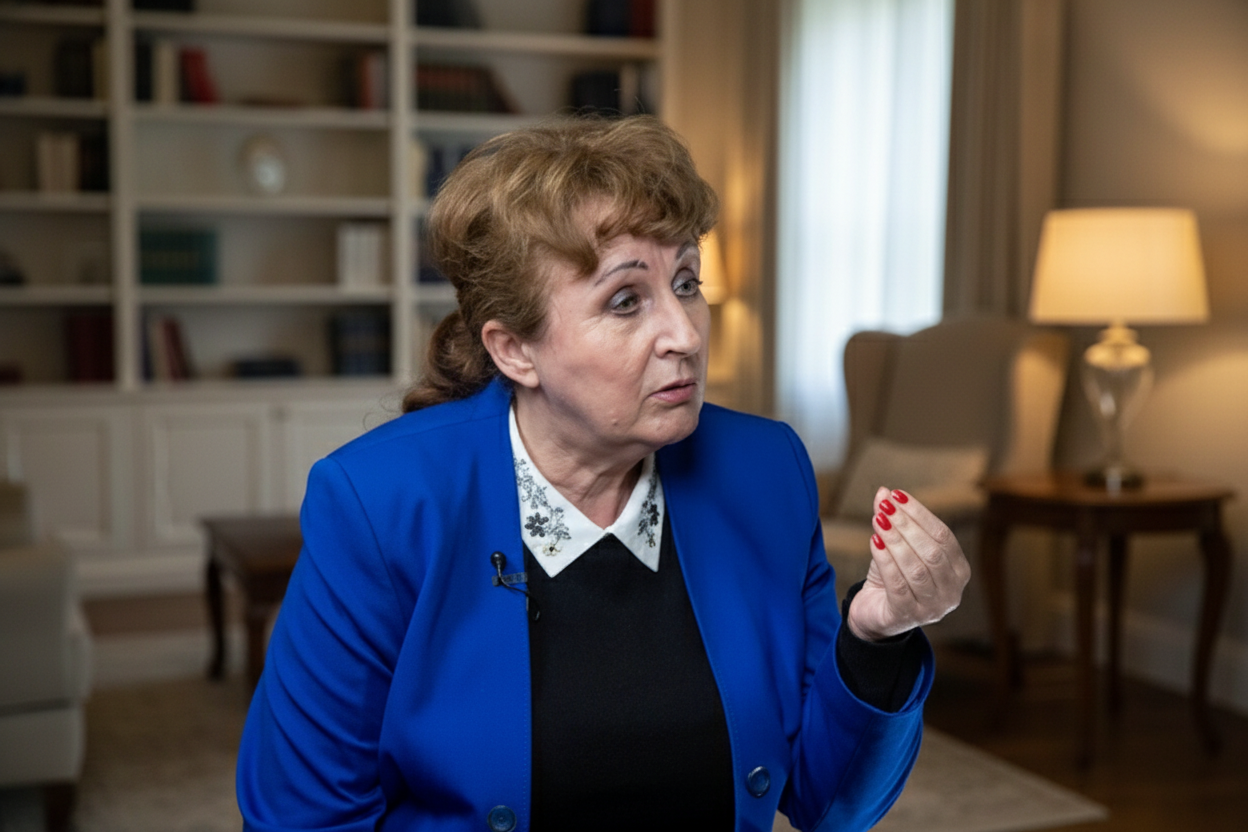Why New Series Don't Create Iconic Characters: An Analysis of the Character Crisis.



New Show on HBOMax
The show I Love L.A. has just begun its first season but has already drawn comparisons to previous sitcoms that emphasized characters, such as Girls. However, the new project noticeably lacks bright and unique heroes that were characteristic of Girls.
The plot of I Love L.A. revolves around a young ambitious talent manager Maya (Rachel Sennott) and her close friends, including her former girlfriend and influencer Tallulah (Odessa A'zion), whom she represents as a client. The show attempts to create character images that should be familiar to viewers, but in reality, the personalities of the characters, except for Maya's boyfriend, are rather indistinct. For example, Maya comes across as an ambiguous character, her voice resembles that of Twitter rather than a real person. Everyone speaks in the same dry, 'cool' manner. Perhaps this accurately reflects modern young people in Los Angeles, but for a show aiming to engage an audience, this is lacking.
Critical Questions
This may change over the course of the season. However, watching I Love L.A. raises an important theory: is the television character experiencing a crisis? Will another iconic hero appear on screens, like Carrie Bradshaw or Don Draper? Conversations about television being in a 'mediocre' era are heard everywhere, especially after the popularity of Succession. The boom of streaming platforms has given rise to many programs that can be characterized as mediocre or bad. Perhaps the diminished role of characters on screen is connected to the influence of reality shows and social media, which have allowed ordinary people to become 'characters' that viewers follow.
Highlights
- Iconic television characters need Time to establish themselves. However, the saturation and 'mediocre' situation on television today offers little hope for new Carrie Bradshaws or Tony Sopranos.
- The rise of 'must-watch' programs limits our interest in the stories and the characters that lead them. When readability is simplified and directed towards virality, characters lose their significance.
- Ordinary people – from reality stars to influencers – are perceived as 'characters' that consumers can follow and interact with on social media.
How Television is Changing
Despite everything, the idea of television characters that are easily remembered in conversations and even on Halloween has not vanished. Characters like Roy from Succession, Carty from FX's The Bear, and more recently, Dr. Robbie from The Pitt on HBOMax, remain relevant. However, their influence is limited by the variety of content and shorter seasons.

According to critics, contemporary shows increasingly focus on the backstories of characters rather than their actions in the present moment. This leads to less engaging development, as viewers see heroes less through their active decisions. Will modern shows be able to create new iconic characters that will be remembered? Today, this trend seems more like a manifestation of a lack of creativity than an experiment.
Therefore, in the case of the show I Love L.A., a familiar face is not as exciting as the possibility of discovering new, interesting characters. This highlights the modern challenges faced by the television industry in its efforts to attract viewer attention.
Read also
- Generation Z and AI: Why Robots Threaten Zoomers
- Athletes at the center of gambling scandals: how prop bets threaten the integrity of games
- The Death of Andriy Mulyavka: What We Know About the 26-Year-Old Lieutenant from Rivne Region
- Hungarians on Ukraine: why society is divided over the war
- Protest in the United Kingdom: 2,000 people stood against the refugee camp
- Ukrhydrometcenter warned of a sharp drop in temperature in Ukraine: when to expect snow









